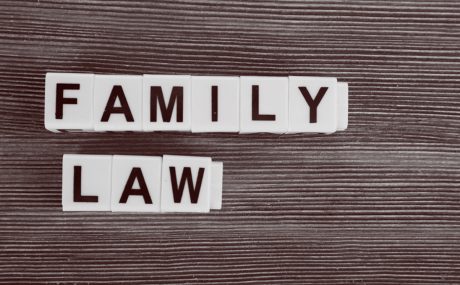The automatic right to an oral hearing on applying for permission to appeal to the Court of Appeal was abolished on 3 October 2016. This is one of a number of recent changes to the procedural rules governing appeals, introduced against the backdrop of an overburdened and delay-ridden system.
Background
The main route for a party to seek to change an order of the court is to appeal the decision to a higher court.
The Court of Appeal is the second highest Court in England and Wales where such an appeal can be heard (the Supreme Court being the highest court).
However, before a party can appeal a decision they must be granted permission to do so.
What has changed?
Prior to 3 October 2016, if the Court of Appeal refused permission to appeal on a paper application, the applicant was automatically entitled to have that refusal reconsidered at an oral hearing.
Under the new rules, the default position will be that a decision on paper is final unless the Court, at its discretion, calls an oral hearing, which it will be obliged to do if it considers the matter cannot be fairly determined on paper.
In contrast to the old system, if an oral hearing is called, it will be heard within 14 days and be before the same judge that considered the paper application.
Why?
It is hoped that streamlining the “permission to appeal” process will reduce the delays at a chronically overburdened Court of Appeal, thereby freeing up judicial time to deal with substantive hearings.
The scale of the problem was revealed in Lord Justice Briggs’ Civil Courts Structure Review which cited, as at January of this year, an existing backlog of pending appeals and applications for permission to appeal that would take 46,800 judicial hours to deal with. That number is ever growing.
This is of increasing relevance in family law as appeals in this category rose by 200% in the period 2008 to 2014.
Consequences
According to the Ministry of Justice, there were 18 family cases in the year 2015/2016 where permission to appeal was refused on paper but granted after the subsequent oral hearing. Of those, 39% went on to be successful at the full appeal hearing.
Richard Hogwood, Partner in Divorce and Family says:
“Under the new rules, meritorious cases such as these may well be thrown out at the initial paper application stage and never heard. In those circumstances, arguably, the appellants will be robbed of justice.
This begs the question of whether this seemingly minor procedural change has the potential to contravene Article 6 of the European Convention on Human Rights which entitles everyone to: “a fair and public hearing.”
You can find further information regarding our expertise, experience and team on our Divorce and Family pages.
If you require assistance from our team, please contact us or alternatively request a call back from one of our lawyers by submitting this form.
Media contact: Lydia Buckingham, Senior Marketing Executive, +44 (0) 20 7822 8134, lbuckingham@stewartslaw.com



